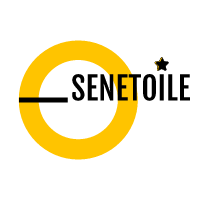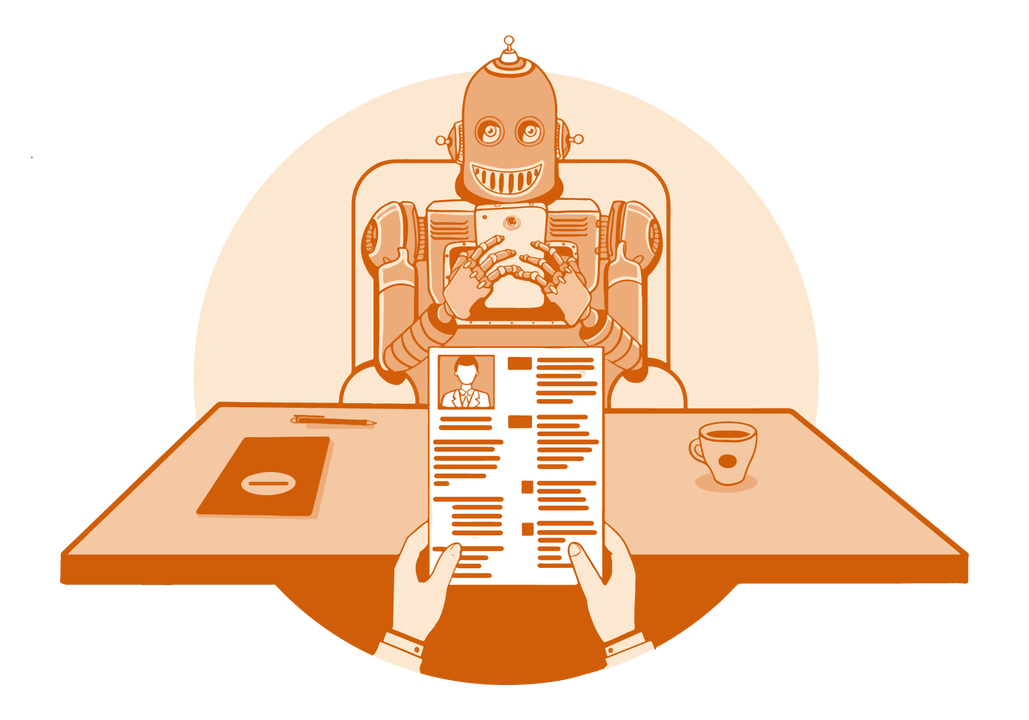Fast backlinks and Guest-post hosting
The Future of Job Applications: How Technology is Transforming Resumes
In today's fast-paced job market, technology is playing an increasingly critical role in shaping how job seekers present themselves and how employers find their ideal candidates.
The traditional resume, once a mere paper document listing a candidate's work history and skills, is now evolving into a more dynamic and interactive tool thanks to digital innovations.
This transformation is not just changing the format of resumes but is also influencing the way they are created, shared, and analysed.
Download a sample of resume you can customise to your own experiences. Here's a closer look at this transformation and what it means for the future of job applications.
Digital and Interactive Resumes
The transition from paper to digital platforms has introduced various new formats for resumes. Beyond the standard Word document or PDF, resumes are now being crafted as digital portfolios, personal websites, and even interactive online profiles.
These formats allow candidates to present a richer and more comprehensive depiction of their skills and accomplishments. For instance, graphic designers and artists can directly showcase their work portfolios, while software developers can link to their coding projects on platforms like GitHub.
AI's Role in Resume Screening
Artificial Intelligence (AI) is significantly transforming the initial stages of recruitment. Many companies now use AI-driven Applicant Tracking Systems (ATS) to scan and evaluate resumes against specific keywords and criteria that align with the job description.
This technology enables the efficient processing of numerous applications, saving recruiters time and effort. As a result, job seekers must write their resumes with both the human reader and AI systems in mind, balancing keyword optimization with a clear and engaging presentation of their experience and skills.
The Rise of Video Resumes and Virtual Interviews
Video resumes are becoming an increasingly popular tool, particularly in fields where personality and presentation skills are crucial. A video resume allows candidates to introduce themselves in a more personal and dynamic manner.
Additionally, with the rise of remote work, virtual interviews are becoming more commonplace. This trend necessitates a comfort level with digital communication tools and platforms, and it often starts with a video resume or introduction.
The Impact of Social Media and Networking Sites
Professional networking sites like LinkedIn are now integral to the job application process. These platforms serve not just for networking but also as dynamic, living resumes.
They offer a more complete view of a candidate, including their professional history, endorsements, and publications. Recruiters often review these profiles as part of their screening process, making an up-to-date and active online presence crucial for job seekers.
Embracing Personal Branding
With various digital platforms at their disposal, job seekers are increasingly focused on building a personal brand that aligns with their career aspirations.
Personal websites, professional blogs, and an active presence on industry-relevant online forums can significantly enhance a resume. These platforms allow individuals to demonstrate their expertise, thought leadership, and passion in their field, making them more attractive to potential employers.
Future Trends: Augmented Reality and Blockchain in Resumes
Looking ahead, we can anticipate further advancements that will continue to revolutionise job applications. Augmented Reality (AR) could enable interactive resumes, where employers can engage with virtual elements like 3D models or interactive graphs.
Blockchain technology might be used for verifying credentials and work histories, providing a secure and tamper-proof record.
The Role of Personalization and Storytelling
In a world where technology often leads to standardisation, personalization and storytelling become key differentiators. A resume that tells a compelling story about a candidate's career journey, challenges, achievements, and learnings can stand out.
This narrative approach, combined with personalised content that speaks directly to the specific needs and culture of a prospective employer, can make a resume more engaging and memorable.
Continuous Learning and Skill Development
In the tech-driven job market, continuous learning and skill development are crucial. Candidates need to demonstrate their commitment to staying current with emerging technologies and industry trends.
This can be highlighted in a resume through ongoing education, certifications, and participation in relevant workshops or conferences.
Balancing Privacy and Visibility
As resumes become more public through digital platforms, balancing privacy and visibility is a growing concern. Candidates need to be mindful of the information they share online and maintain a professional digital footprint.
This includes being cautious about personal details and ensuring that their online presence reflects their professional persona.
Conclusion
A blend of technological advancements and the enduring importance of human connection and storytelling marks the future of job applications.
As resumes evolve from static documents into dynamic, multi-faceted digital profiles, they open up new opportunities for candidates to showcase their skills and for employers to find the right talent.
Embracing these changes and understanding their implications is crucial for both job seekers and recruiters in navigating the modern job market. The future promises a more efficient, innovative, and personalised way to connect talent with opportunity.








